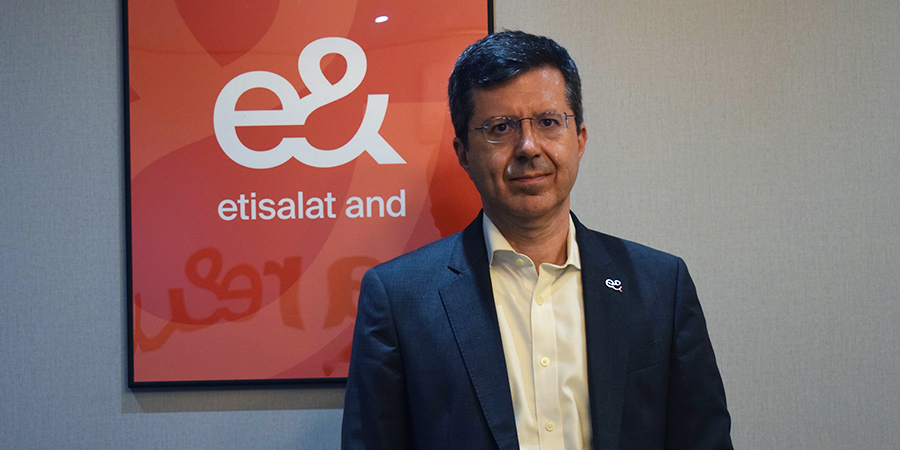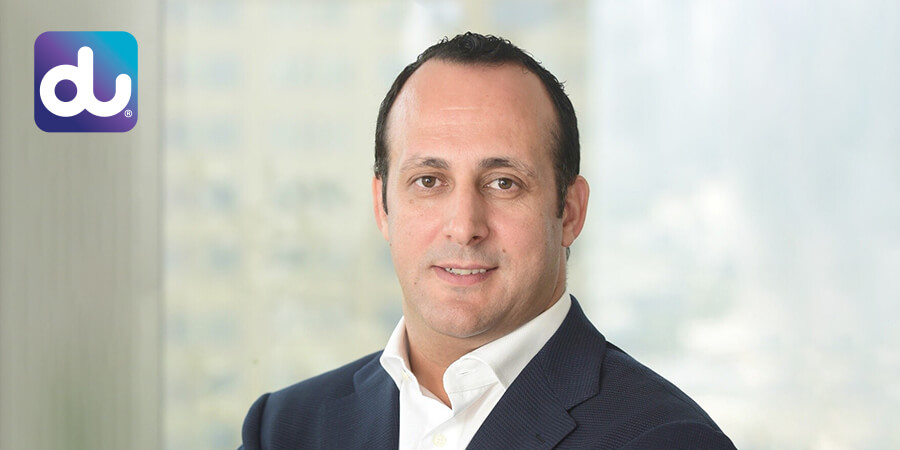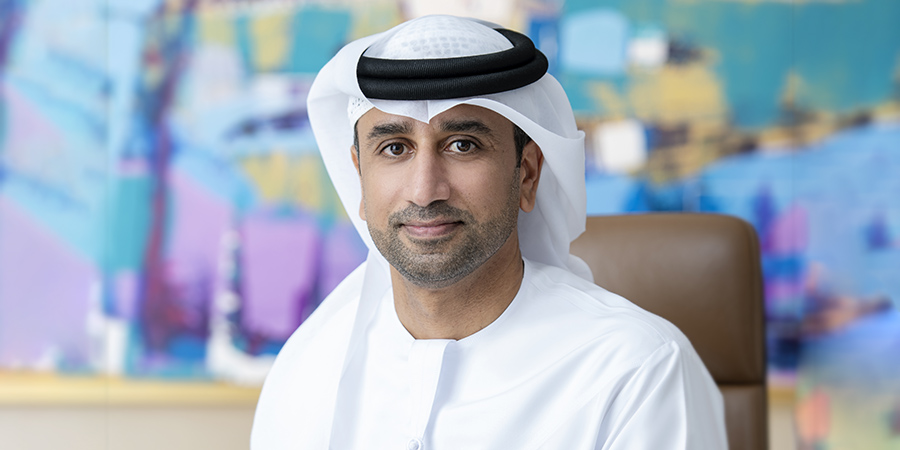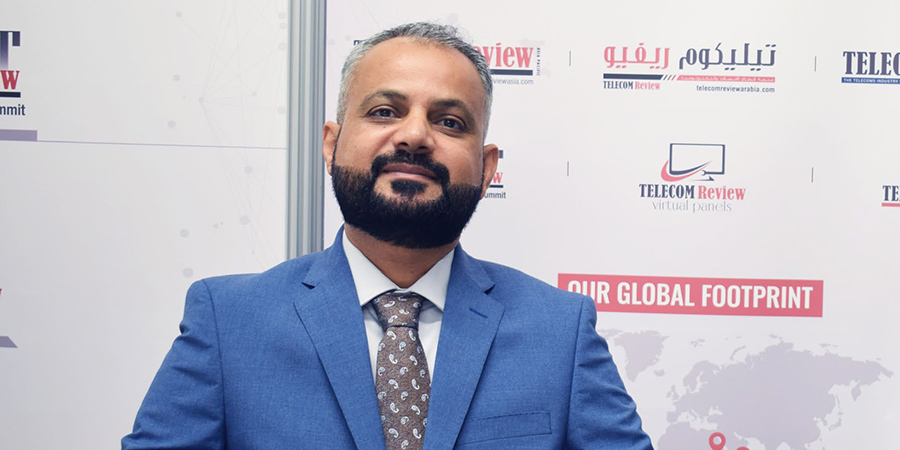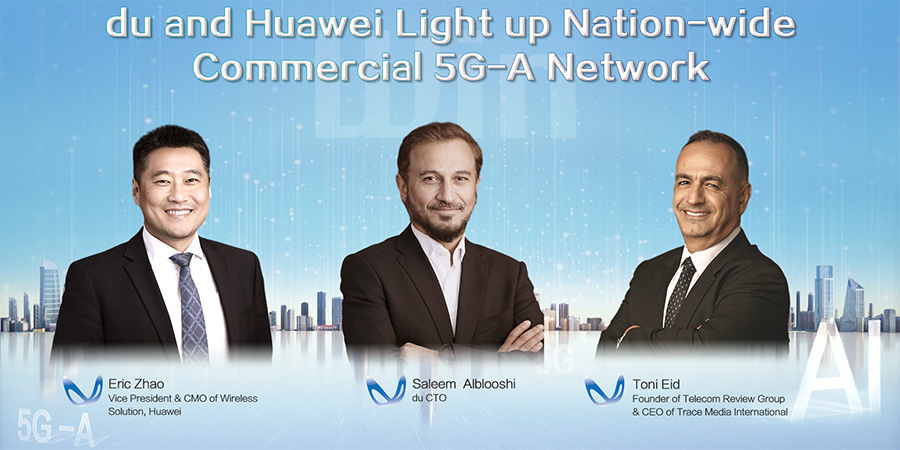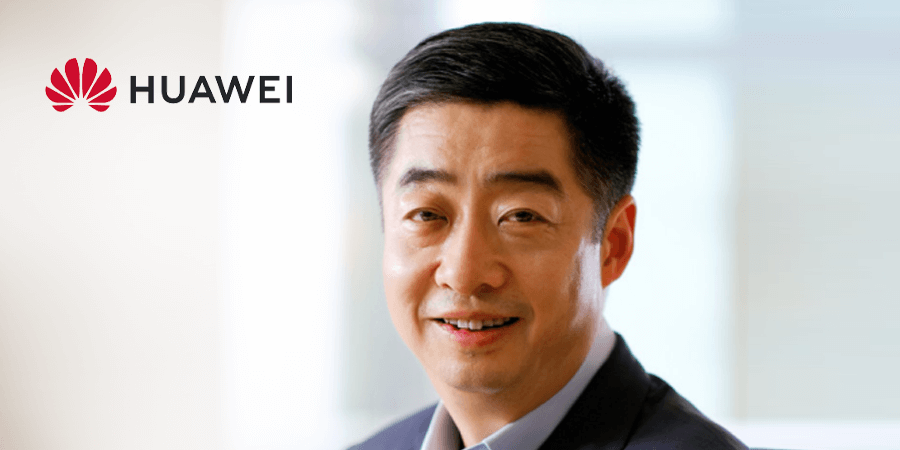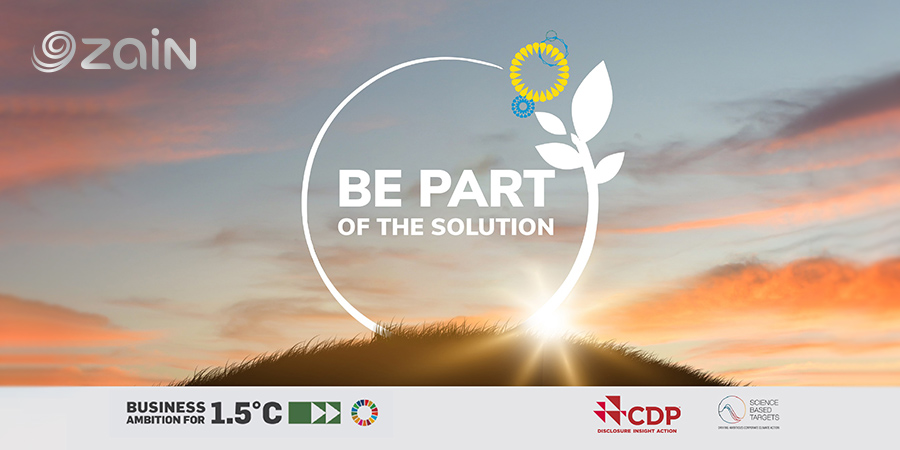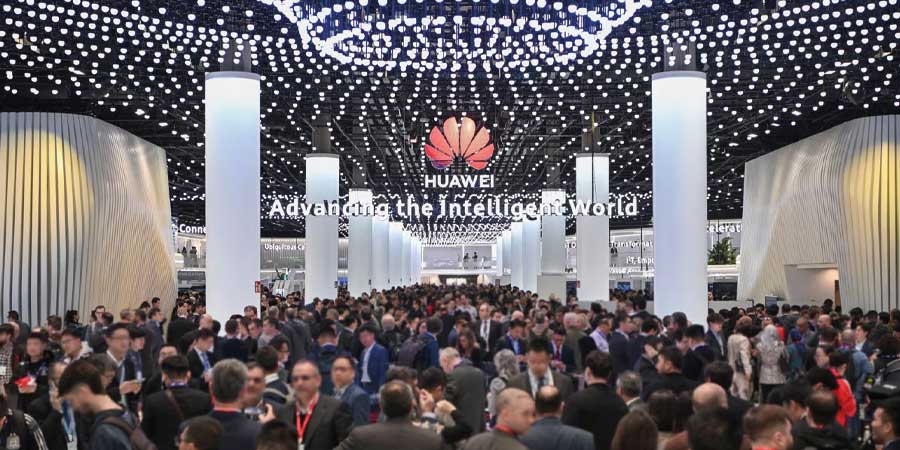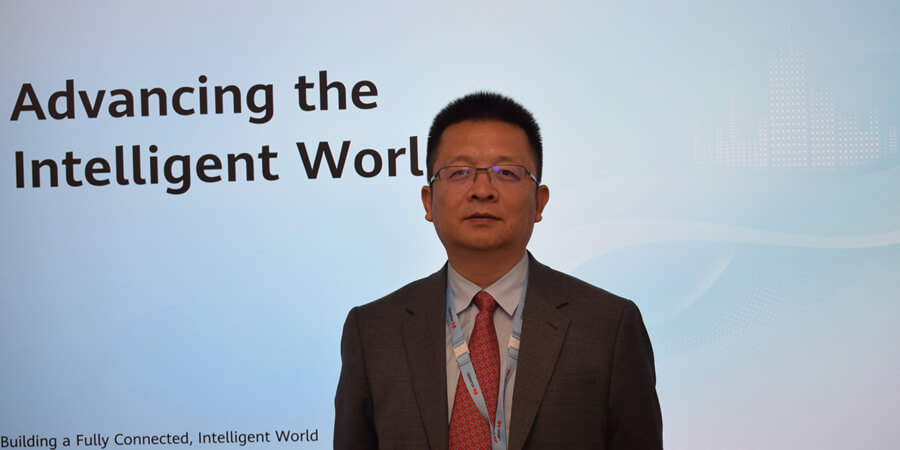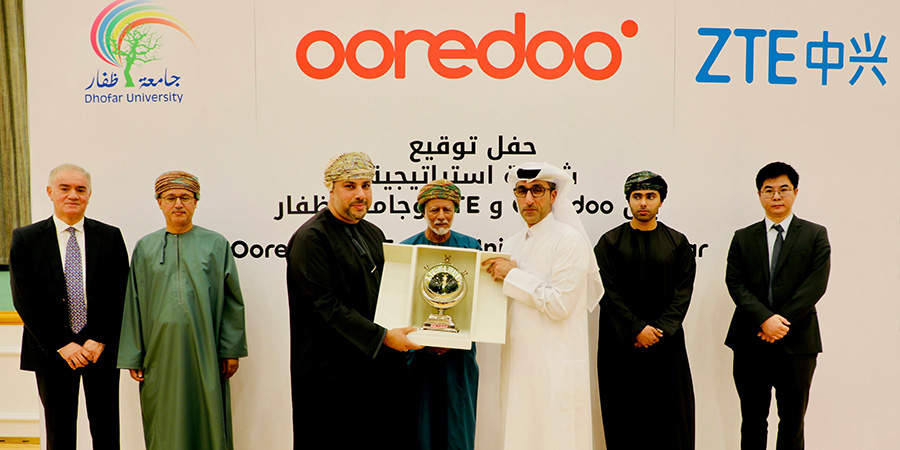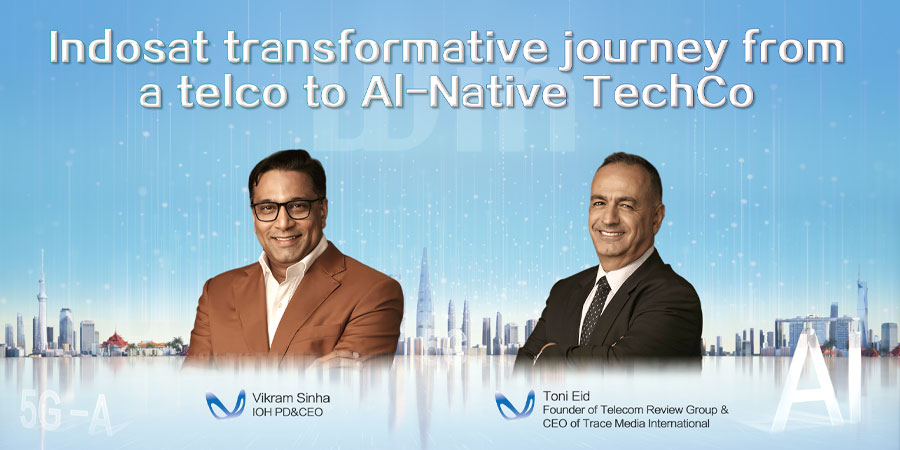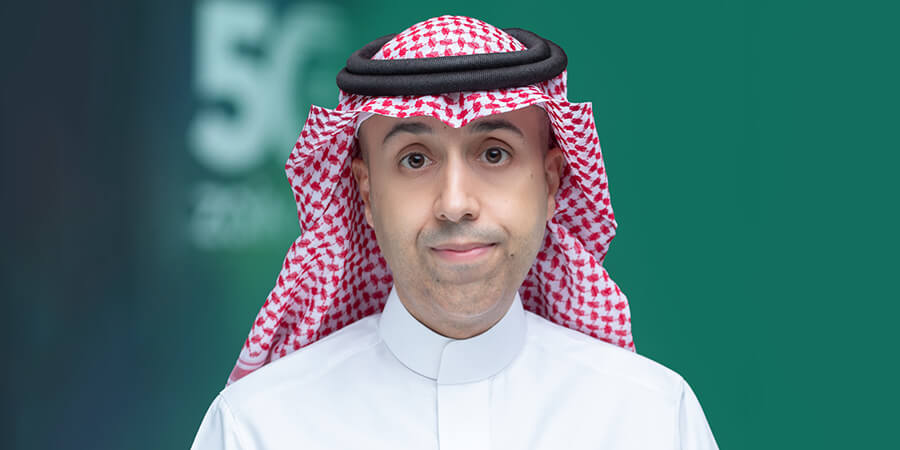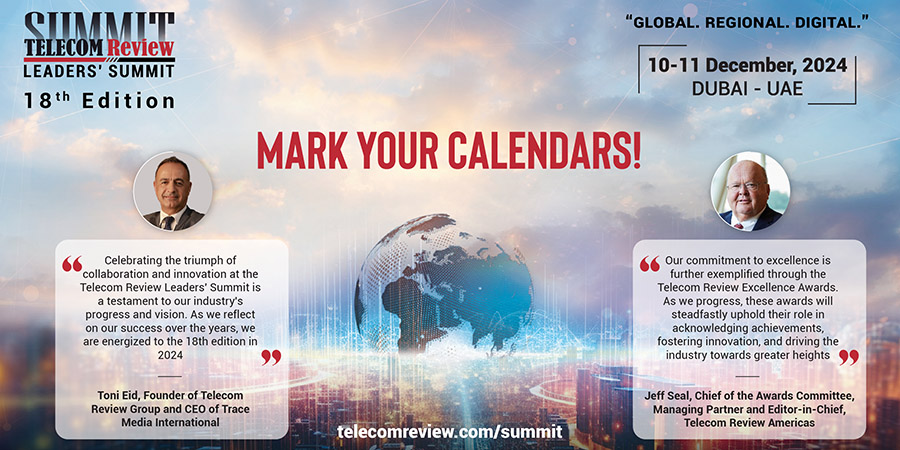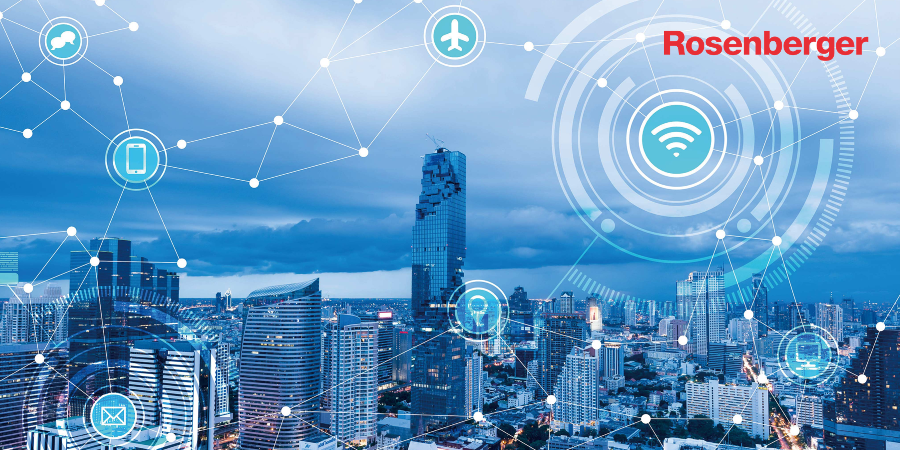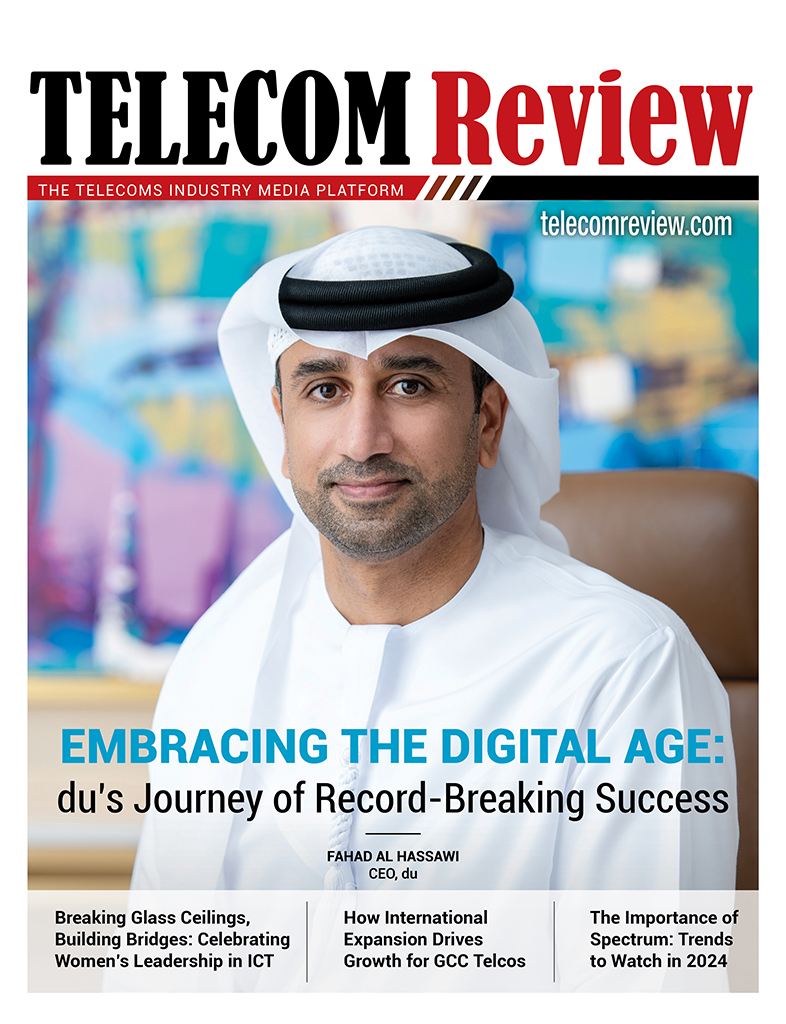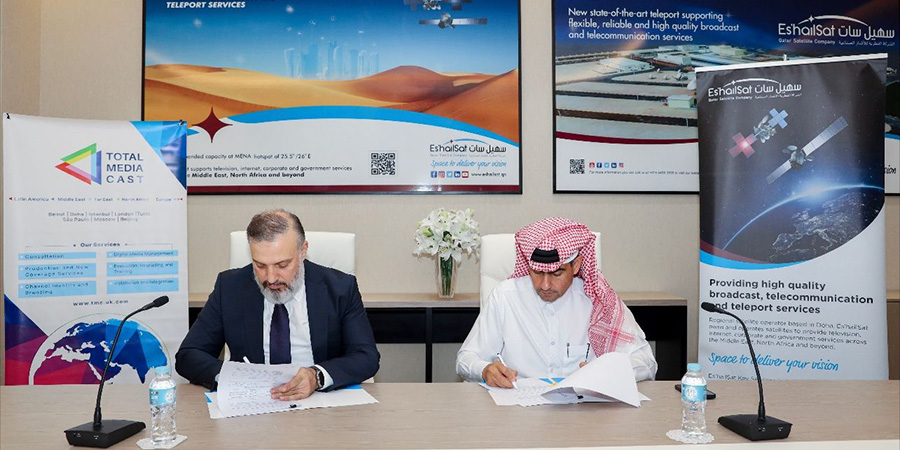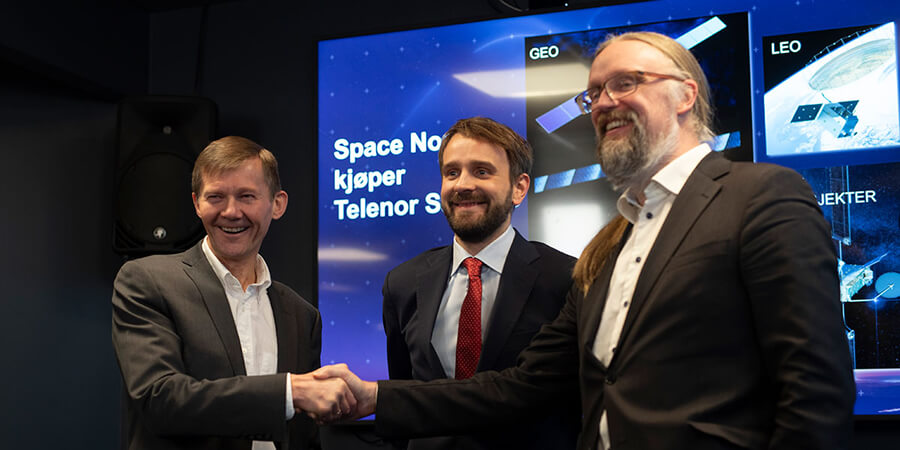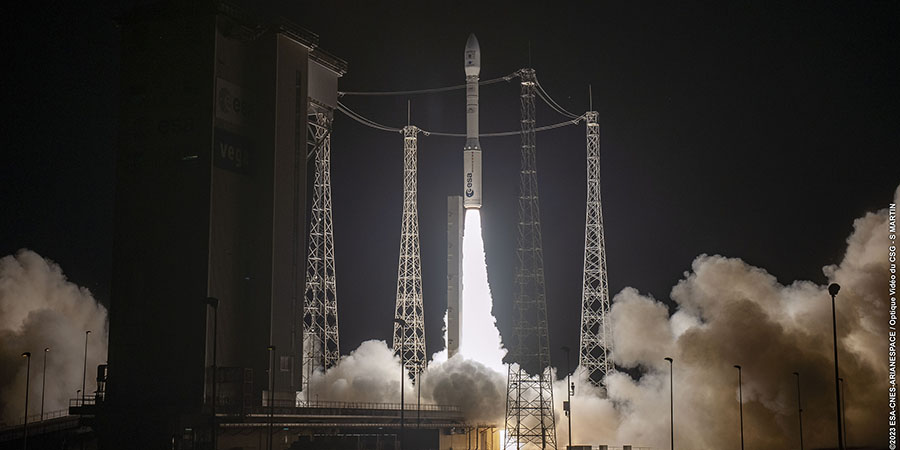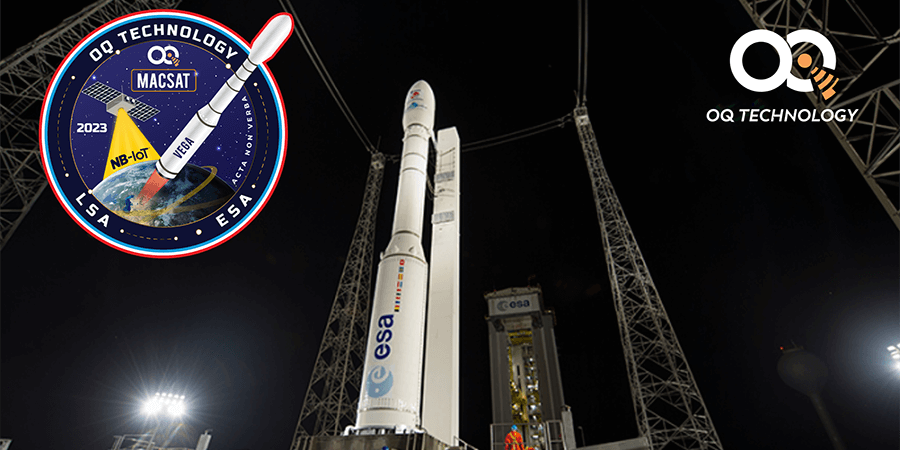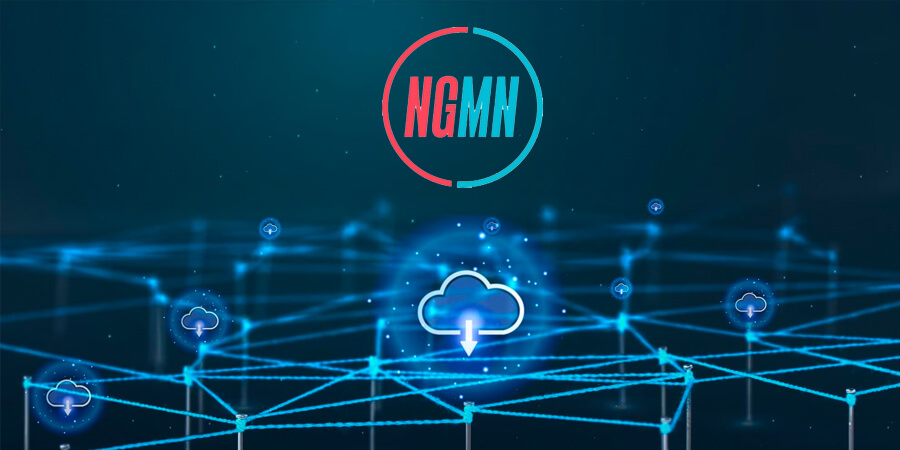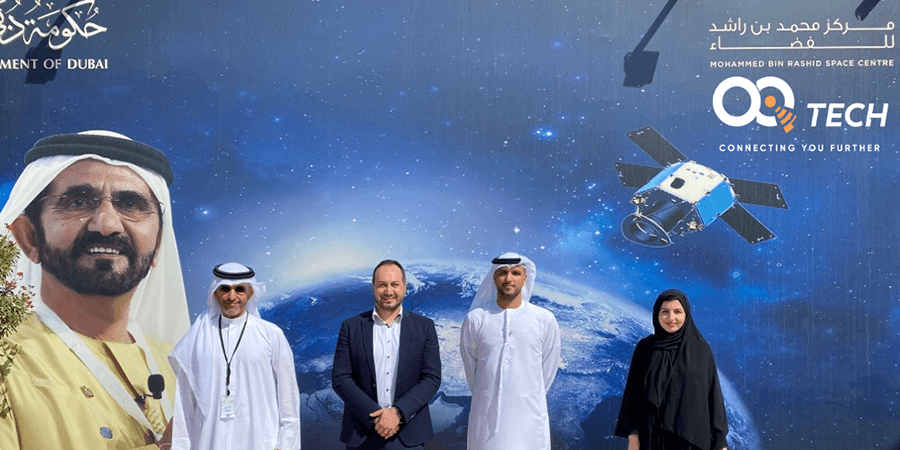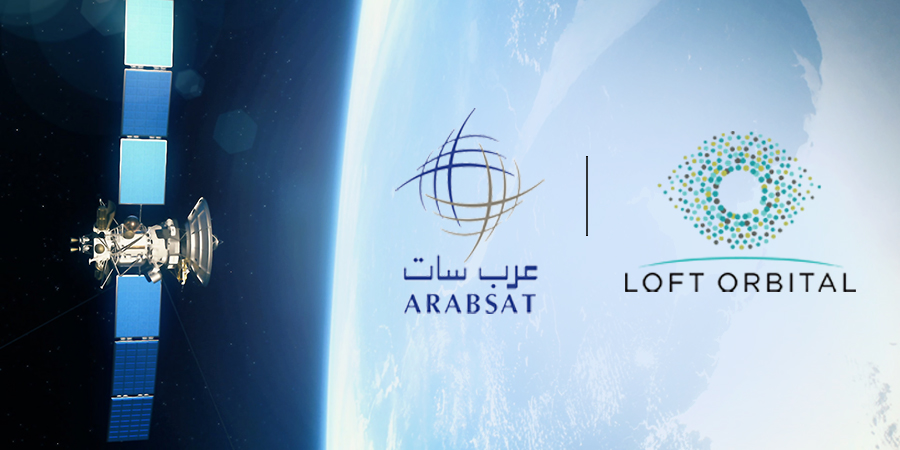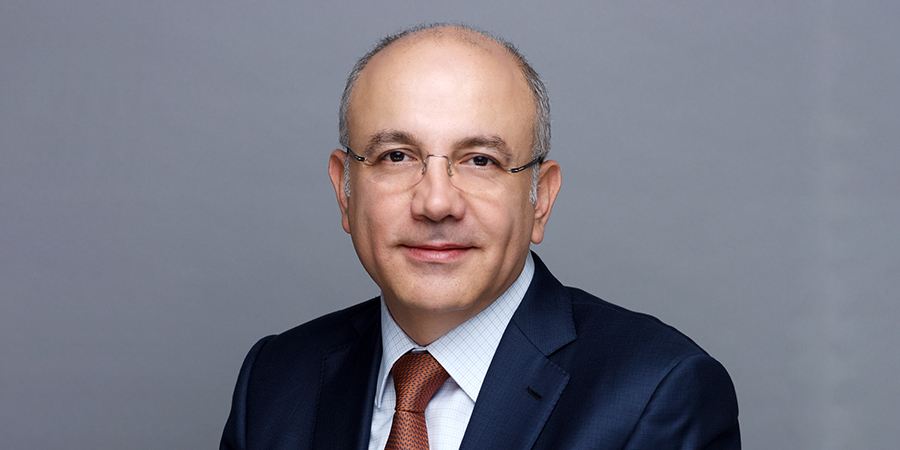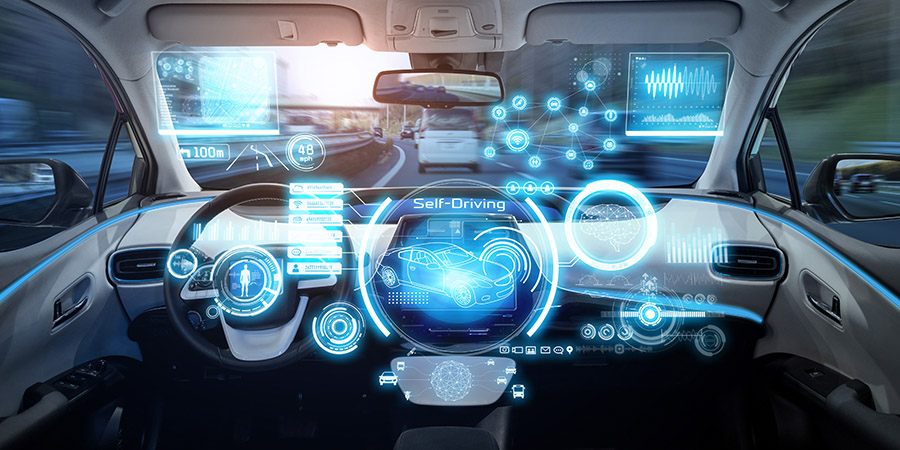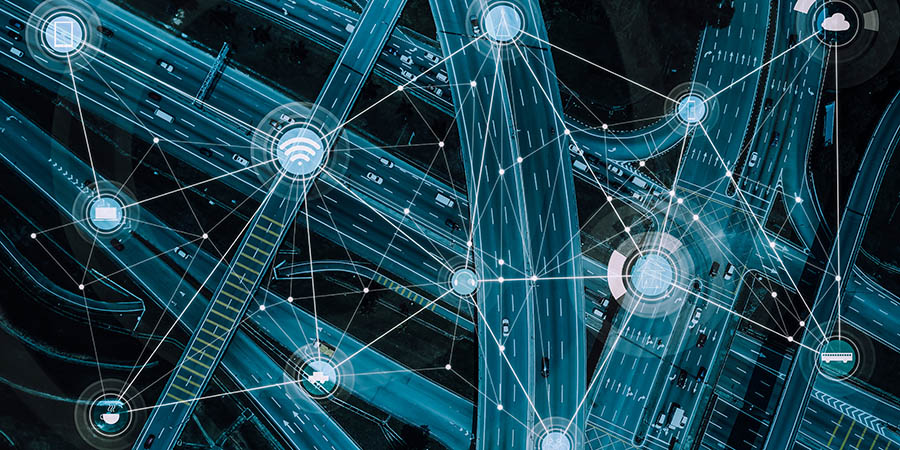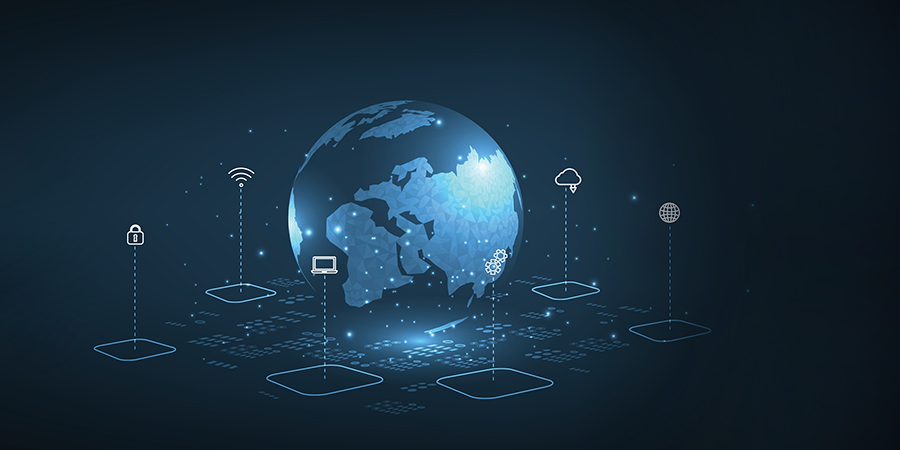Artificial intelligence (AI) is advancing rapidly and it has been a hot topic at worldwide ICT discussions, including the focus of the impressive ITU event in Geneva early June. It is expected that AI's importance will rapidly accelerate science and technology; this will drive large-scale businesses and industries, and also enable the creation of entirely new sectors in ICT. In turn, this will make AI smarter, faster, more reliable and secure.
Artificial intelligence, along with other key science and technology developments, will help transform the interest of the global economy to the ICT sector. However, this comes with concerns from analysts.
Artificial intelligence will impact many fields, not only ICT, but also others such as autonomous vehicles, connected cars, smart sensors, smart detectors, self-replicating machines, personal health management systems and equipment, etc.
There are concerns about the impact of AI from a social, economic and human resources perspective. This is because if every firm replaces a large part of its human workforce with smart software and robots, unemployment levels will rise. Estimates vary from 28 to 70 percent or more in the next few years.
How can we replace these lost jobs? Who will create more jobs? What is the influence on other sectors? If people are unable to earn an income, there is less consumer spending and the entire earn vs. spend ecosystem will be damaged and a social crisis could arise.
Say, artificial intelligence does not get deployed soon. Inevitably, it is imminent and those concerned must remain prepared to face the changes its impact will have in all fields and at every level.
Artificial intelligence on the raise again!
Tools
Typography
- Smaller Small Medium Big Bigger
- Default Helvetica Segoe Georgia Times
- Reading Mode



